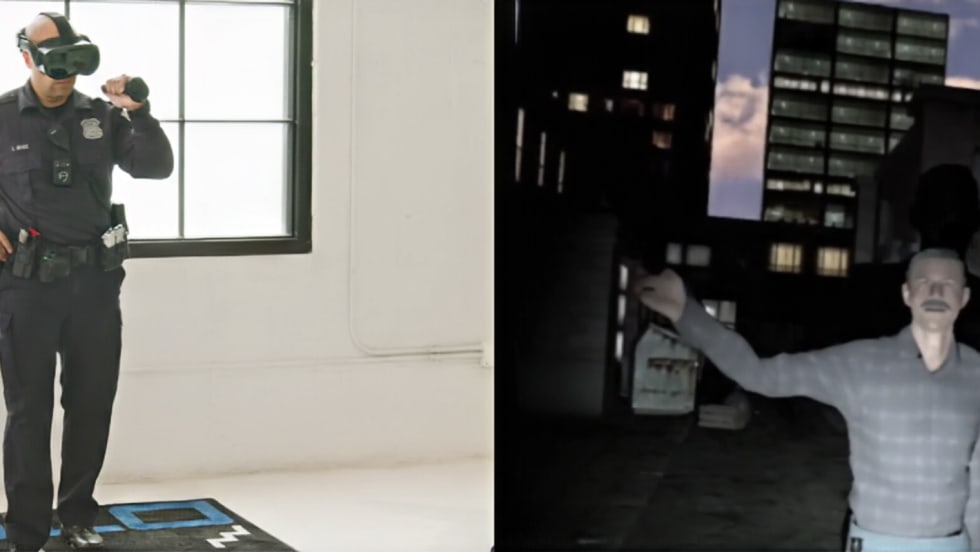To thank the search-and-rescue dogs deployed to the 9/11 disaster sites for their hard work—and to make sure they always receive the optimum medical treatment available—Veterinary Pet Insurance Co./DVM Insurance Agency (VPI) offers paid lifetime health insurance policies to all dogs directly involved in the 9/11 rescue efforts.
Of the more than 200 search-and-rescue (SAR) dogs deployed to both sites, 97 were enrolled in an AKC Canine Health Foundation-funded study headed by Dr. Cynthia Otto at the University of Pennsylvania School of Veterinary Medicine to look into the health and behavioral effects from exposure to the disaster sites.
As reported in the September 15, 2004 issue of the Journal of the American Veterinary Medical Association, the study found that the deployed dogs had not suffered any major short-term effects from their exposure to the sites.
However, the study’s results do suggest that the deployed dogs may have been more exposed to antigens or particulates (small particles or toxins) during the study’s first year than other dogs in a “control” group that were similarly trained as SAR dogs but were not deployed. An initial stress response was also detected in deployed dogs during this first year.
Currently, of the 90 dogs whose handlers accepted the offer, 74 deployed German Shepherds, Labrador Retrievers, and other dogs are still insured with VPI. Also, 41 dogs in the control group will continue to receive paid-for VPI Pet Insurance throughout the duration of the study. Now in its fourth year, the U-Penn study has been extended through December 2007 so that the dogs’ health may continue to be monitored for long-term effects of their heroic efforts at the disaster sites.
For more information visit www.petinsurance.com.










